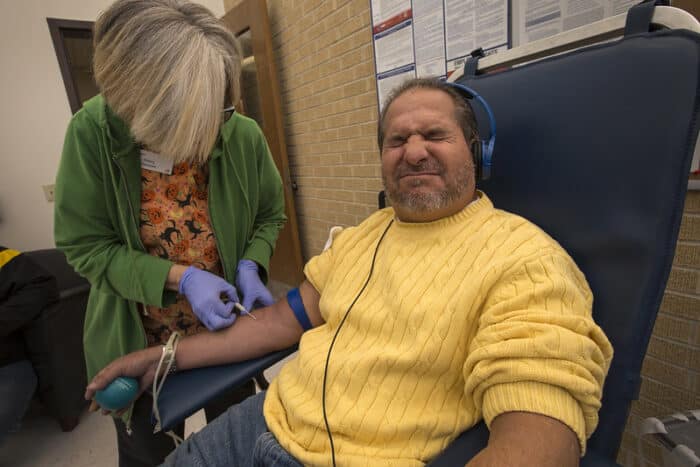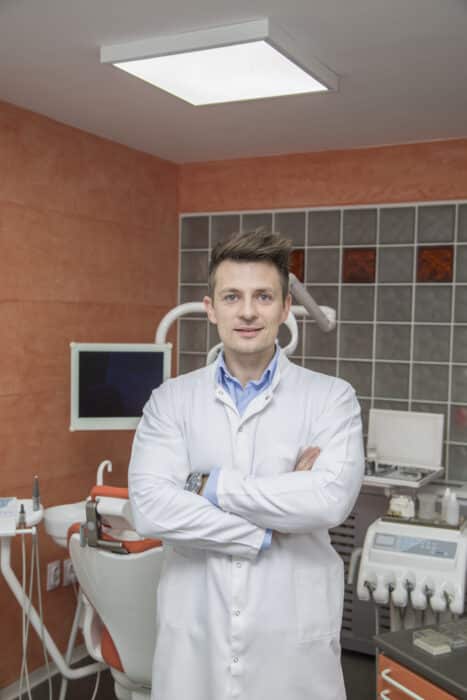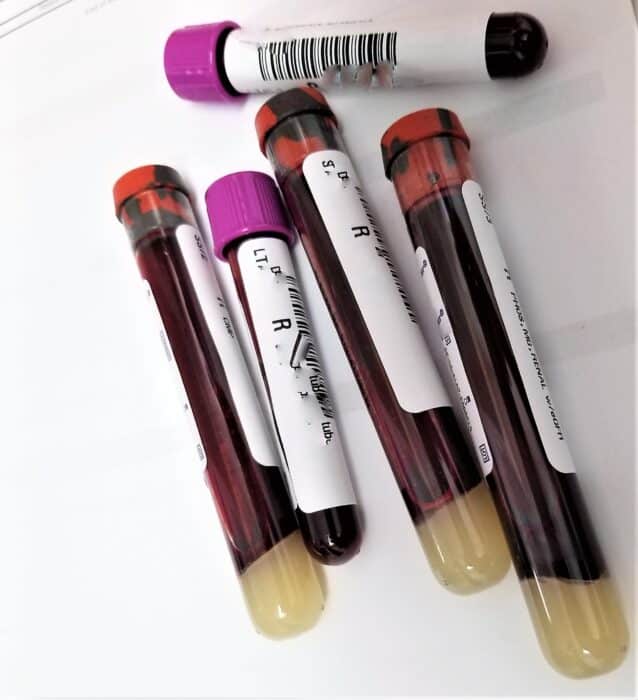Are you considering a career in the medical field that includes direct patient care and essential clinical skills?
Are you having second thoughts about the amount of money and years you will have to spend to enter the healthcare industry?
If you nodded yes to these questions, you can consider pursuing a career in phlebotomy.
The best part about becoming a phlebotomist is that you don’t need a degree, and do not need to spend years in school.
If you are looking to enter the field of phlebotomy, you might have heard about ASCP Phlebotomy Certification. This certification opens doors to a world of opportunities in healthcare, allowing you to play a vital role in patient diagnostics and care.
In this article, we’ll explore what ASCP Phlebotomy Certification is all about, why it’s worth considering, and how it can be your stepping stone into a rewarding healthcare career.
Let’s get right into it.
What is ASCP Phlebotomy Certification?
First things first, you might be wondering what ASCP certification is. You may have heard of the American Society for Clinical Pathology (ASCP) and its Phlebotomy Certification, which is like a golden ticket to the world of blood collection. But what does it really involve?
The ASCP Phlebotomy Certification is a qualification that shows you’re skilled and committed when it comes to drawing blood. It’s a good way to start your career in healthcare.
Also see: What is a Phlebotomist
ASCP Phlebotomy Certification Requirements
We know that getting an ASCP Phlebotomy Certification might seem intimidating, but it’s simpler than it seems.
To be eligible for ASCP Phlebotomy Certification, you just need to meet these basic criteria:
- Education: Having a high school diploma or an equivalent qualification is usually the only requirement. If you’ve already graduated, you’re on the right track!
- Clinical Experience: ASCP requires you to have at least 100 hours of documented clinical experience. You can gain this experience through an internship or on-the-job training.
- Training Program: Completing a phlebotomy training program that’s accredited is essential. These programs will equip you with the knowledge and hands-on skills required for success.

Do You Want To Become a Phlebotomist? Check Out Free Phlebotomist Masterclass!
In our masterclass you learn:
- How to be a Phlebotomist faster…in just 2 months!
- Avoid student debt & driving to classes
- #1 thing employers want from Phlebotomists
- How to stand-apart & get a university certificate for a strong resume
ASCP Phlebotomy Certification Structure
The ASCP certification test isn’t a breeze; it’s got 100 multiple-choice questions, and you’ve got 2.5 hours to tackle them all.
It may sound difficult but don’t worry. With the proper training and preparation, you can definitely master this test.
Also read: Phlebotomist Salary
ASCP Phlebotomy Eligibility
The ASCP Phlebotomy Certification comes with a great advantage – it’s flexible. It doesn’t matter if you’ve just finished school or if you’re thinking of switching careers. As long as you meet the criteria we talked about earlier, you can apply.
ASCP Phlebotomy Certification vs. NHA Phlebotomy Certification
If you’re an aspiring phlebotomist, you might have also heard about the NHA Phlebotomy Certification, which is also often the most recommended.
You might be curious about how the ASCP certification compares to the NHA (National Healthcareer Association) certification. Both certifications can lead you to a career in phlebotomy, but they do have some differences.
Firstly, both certifications require a high school diploma and some clinical experience. However, ASCP demands a longer clinical experience (100 hours) compared to NHA’s requirement of 30 hours. Additionally, ASCP’s exam has 100 multiple-choice questions, while NHA’s exam includes 100 multiple-choice questions and a hands-on practical component.
Read: How to Become a Phlebotomist
Conclusion
The ASCP Phlebotomy Certification is like your entry ticket to a satisfying career in healthcare. It might require some effort and commitment to meet the requirements and pass the test, but the rewards are substantial. You’ll be positively impacting patients’ lives, enjoying job security, and having a fulfilling career.
See: Phlebotomist Skills
Related Resources:
- Ultimate Phlebotomist Resume Guide – Phlebotomy Job
- How To Choose Phlebotomist Classes Online?
- Which Two Skills are Important for a Phlebotomist?
- Phlebotomist Degree
- Phlebotomy Externship
- What Jobs Can I Get With a Phlebotomy Certificate?
- Top Places That Hire Phlebotomy Techs
- Therapeutic Phlebotomy
- Certified Phlebotomy Technician
- Phlebotomy Classes
- Online Phlebotomy Classes
- Order of Draw Phlebotomy
- Phlebotomy Internship
- 4-Week Phlebotomy Classes Online
Related Articles
-
How to Be Successful in College in 2022 – 7 Simple Tips to Succeed
-
How Do Scholarships Work? Read This First…Truth is Shocking
-
7 Best College Majors 2024: What Should I Major In?
-
How to Choose a College – 10 Things You Must Consider in 2024
-
Why Go to College? Top 13 Benefits for Adult Students in 2022
-
Top 5 Best Alternatives to Community College for 2024








